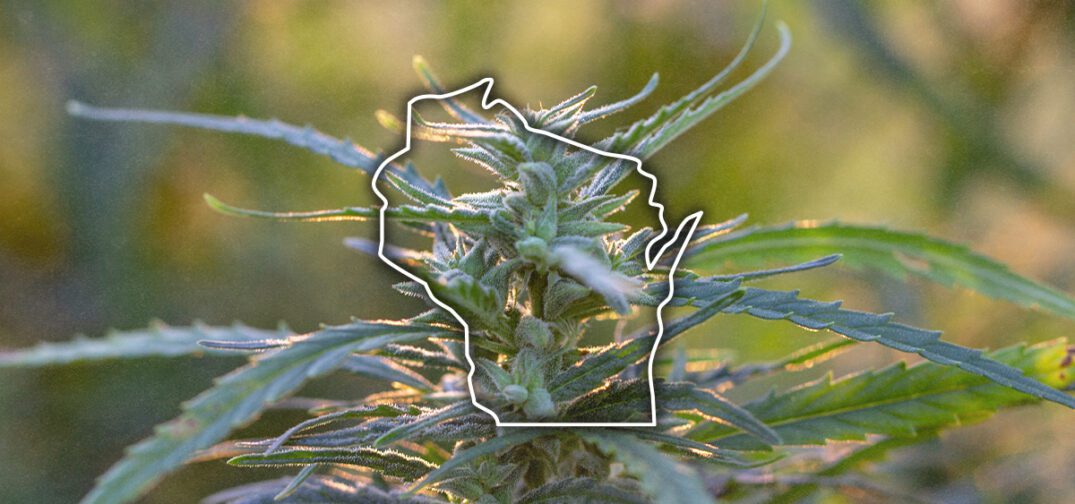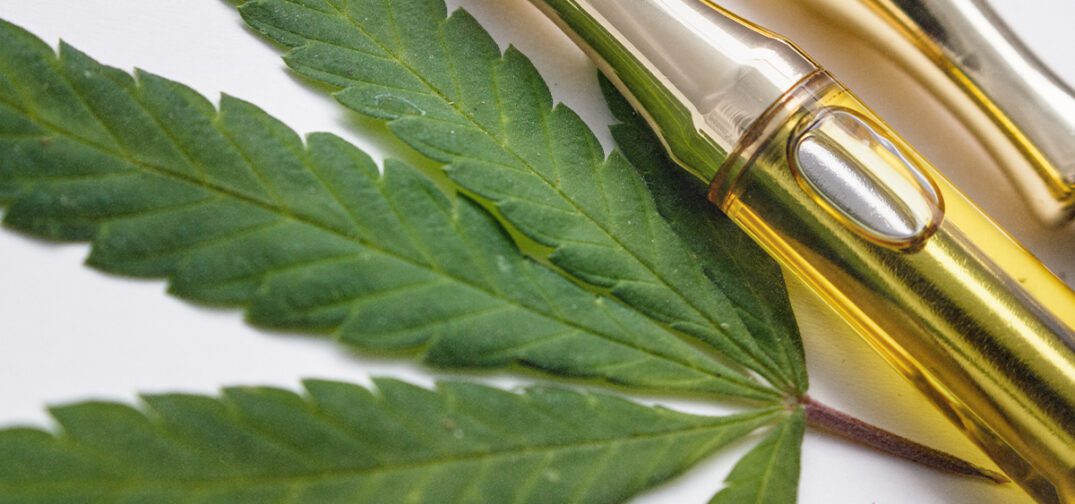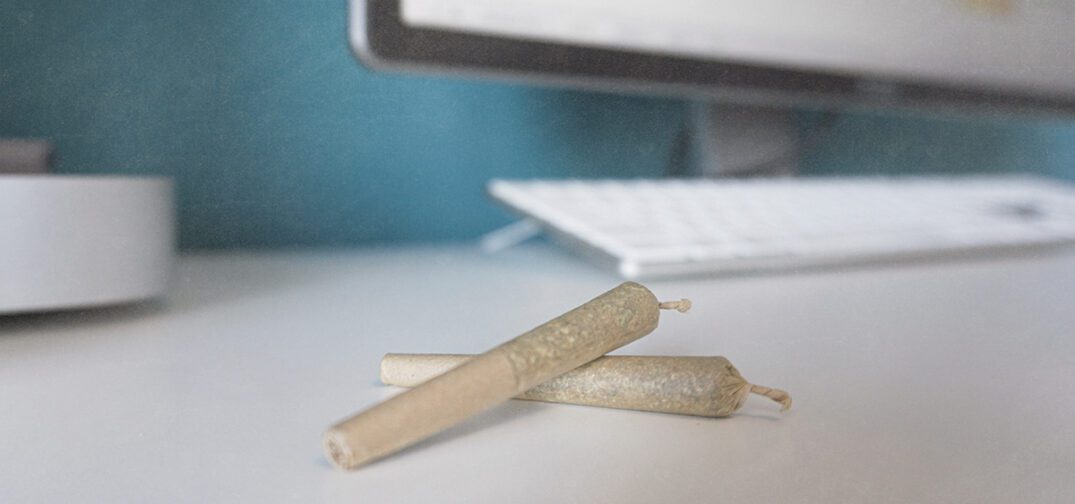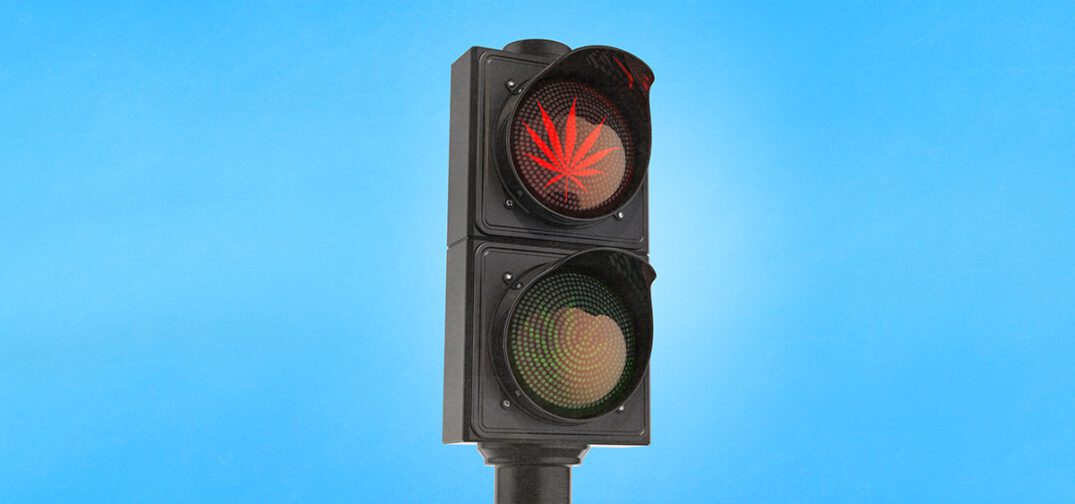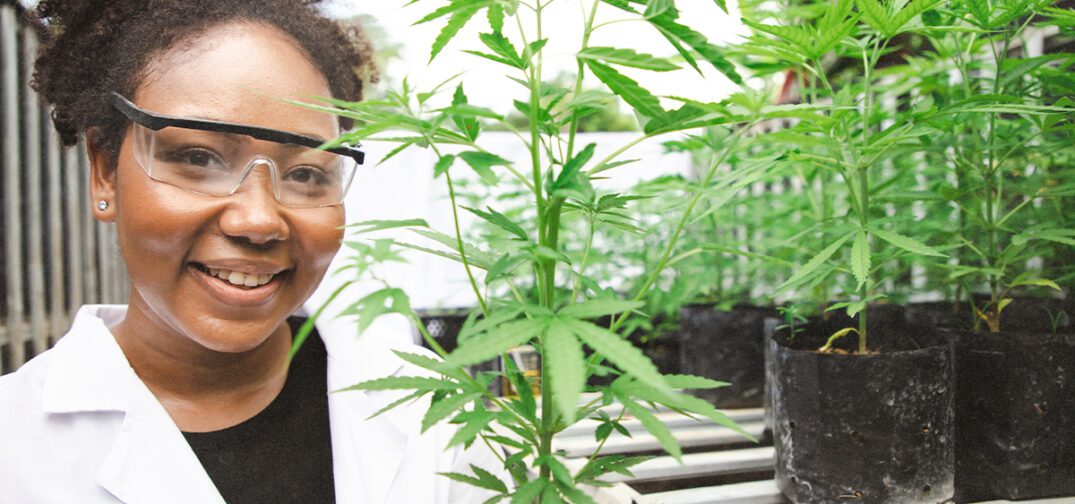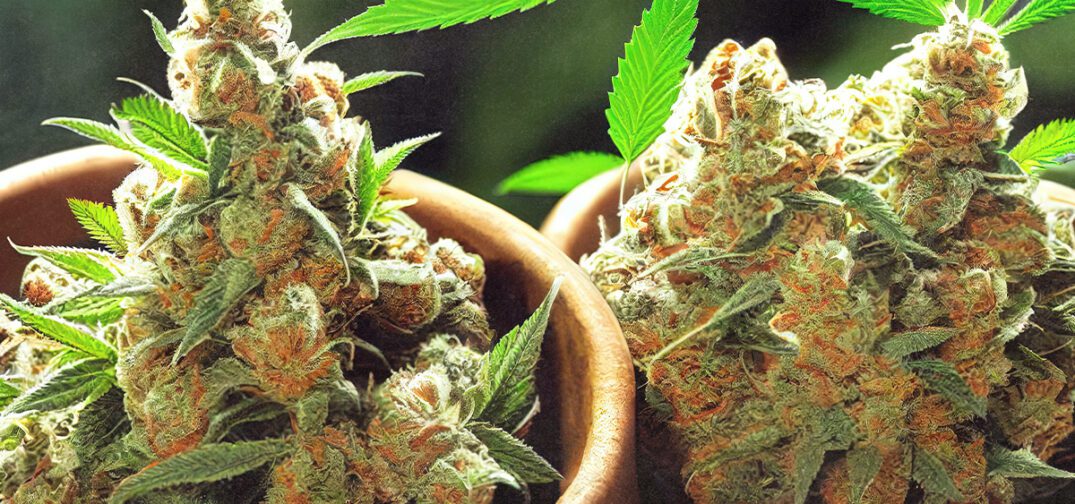Cannabis companies can provide a solid foundation for their businesses in an otherwise volatile emerging industry by simplifying their business operations and maximizing their spending efficiency. Order.co is a spend efficiency platform that manages a cannabis company’s entire purchasing process, freeing up the operators’ time to focus on growing and scaling their business. Through the platform, companies can pay vendors, consolidate invoices, automate invoice creation, customize workflows, forecast budgets, and more.
Prior to his role as CBO for Order.co, Matt Garippa worked in fixed-income trading after training in data science. In this interview, Matt shares how the Order.co SaaS works for cannabis companies, the true role of spend efficiency in operating a business, and gives advice for entrepreneurs seeking funding.
Check out the interview below.
Ganjapreneur: What is Order.co and how does the platform support cannabis businesses?
Matt Garippa: Order.co is a Spend Efficiency Platform that simplifies how businesses purchase and pay for everything they need to operate. In building this technology, we’ve found unbelievable partners in cannabis businesses.
Because of financial constraints and unfulfilled market demand, we’ve discovered that many cannabis entrepreneurs are already thinking about how to scale efficiently with high overhead in physical goods.
So, our mission aligns with theirs, and for our 100+ cannabis customers, we’ve seen that they can push the boundaries on how they grow by focusing on efficient spend.
What was your professional background prior to co-founding Order.co with your brother Zachary?
Before Order.co, I was heavily involved in finance – specifically fixed-income trading. I’m a data scientist by training, so the intersection of data and financial products has always been my passion.
Since Order.co has started supporting cannabis industry businesses, what are some of the most common financial obstacles you’ve seen such companies struggle with?
Cannabis businesses struggle to access traditional financial products like working capital loans or revolving credit. Building a business is really challenging in itself, and the obstacle we continue to hear from the cannabis industry is that the lack of access to capital compounds these challenges.
We’ve seen cannabis businesses forced to make business decisions that optimize freeing up cash flow immediately instead of focusing on growth or margin.
For example, we’ve seen companies turn down large POs because they don’t have enough cash to produce and package. Or they’ll sell inventory for less of a profit to distributors versus selling directly into retail because they need the cash influx immediately.
We noticed these issues frequently, so we created different methods for our cannabis customers to access trade credit and cash advances.
What options does a cannabis business have when it comes to securing financing??
Right now, the “easiest” form of financing for a cannabis business is probably through an equity offering – but that’s dilutive to owners. Borrowing should be the better option, but most traditional lenders still won’t play in the space. Leveraging trade finance (extended terms and working capital from existing supply chain partners) is one of the best options available to cannabis businesses today, and it’s often faster and easier versus borrowing from banks or private lenders.
And for cannabis companies looking to avoid additional operational complexity or borrowing, a Spend Efficiency Platform like Order.co helps businesses access these financing options in their normal buying processes.
Does the role of spend efficiency become more critical for a business once funds have been raised? How much can a company actually save by routing all expenses through a centralized tracking system?
Businesses proactively looking for solutions post-fundraising are prime candidates for a Spend Efficiency Platform because they need to spend with purpose and have total clarity into every dollar of their business spend.
Businesses that are pre-funding might not be aware that there’s a problem with their purchasing process, so subscribing to a Spend Efficiency Platform may be premature. However, once a business becomes aware of a problem and has raised funds in some capacity, they either proactively seek a solution or remain reactive.
The ROI on a Spend Efficiency Platform is so highly positive between hard dollar savings, human capital cost savings, and time savings that companies can realize up to 20% of their monthly expenditures as savings using a platform like Order.co. You’re leaving money on the table by not utilizing a Spend Efficiency Platform, no matter your industry.
How do you think the paradigm for financing in the cannabis industry will change once banks are formally allowed to serve the industry at the federal level?
Competition spurs innovation. As cannabis becomes more accepted at the federal level, more traditional finance players will enter the cannabis financing space and offer cannabis companies more traditional financial products.
We’re already bringing the best of those financial options to our customers so they can make strategic purchasing decisions without cash flow constraints. When financing becomes more readily available to all in the space, there may be a boom in initial expansions and growth plans.
But, longer term, it comes down to HOW those businesses are spending the money they’re now able to raise. So, I think the clear winners will emerge over time of who is efficiently spending the money they can now access.
In the current paradigm of state-level legal markets during federal prohibition, would you say it is probably better to pursue market share & brand awareness, or profitability at a smaller scale?
I don’t think there is a one-size fits all strategy for cannabis. Early on, the focus was clearly on market share and brand awareness. Still, in today’s market, there seems to be a clear emphasis on ensuring you can run a sustainable, profitable business.
Whether you’re a single-site operation or a multi-state operator, I recommend investing early in a solid operating model that drives efficiency as you grow so you can scale when the time comes.
It’s much easier to have efficient processes in place and then grow versus growing too fast with a back office full of chaos and trying to bring order to that chaos after the fact.
Investing in brand awareness is a long-term asset, but you might not realize the benefit of it if you’re burning through cash and unable to keep operations afloat and inventory in stock.
What advice would you offer to a cannabis entrepreneur who is deciding between self-funding their business, taking out a loan, or finding outside investors?
I recommend being thoughtful about what kind of business the entrepreneur wants to build, how quickly they want to build it, and what partners they want to be accountable to as they grow.
More capital generally opens up possibilities to grow faster, but it also means making strategic decisions about the kind of business you want to run.
My advice to those entrepreneurs who aren’t sure yet is to solve for financial optionality: take advantage of the financial products that give your businesses more flexibility without giving away control.
If an entrepreneur is pursuing venture capital to help grow their business, how important is it to find the right investor, as opposed to any investor? How should you go about identifying good prospective investors?
I can talk for hours about the importance of finding the ‘right’ investor for your business because of how much of a force multiplier I have experienced here at Order.co.
Our investors share our vision for Order.co – to simplify how businesses buy – which means they are supportive but challenge us when they have to. They’re pioneers in SAAS+, go-to-market vanguards, and fintech experts.
So finding the right combination for your own business is, in itself, a competitive advantage.
What is the best way to introduce yourself to prospective investors, and how much detail should you include in your initial outreach?
Whenever talking to investors, I recommend being authentic about who you are and clear and concise about your business and vision.
What are some things to avoid, and/or red flags to watch out for in conversations with prospective investors?
I always recommend focusing on alignment when speaking to investors and ensuring a mutual fit.
What makes for a good pitch deck? And what is the most important part of the deck?
A pitch deck is a great way to introduce yourself and your business to investors, so the same rules apply: be authentic, clear, and concise.
Thank you, Matt, for sharing your insight and spending efficiency expertise! Visit Order.co to learn more or click here to request access to the company’s cannabis financing tool kit.


